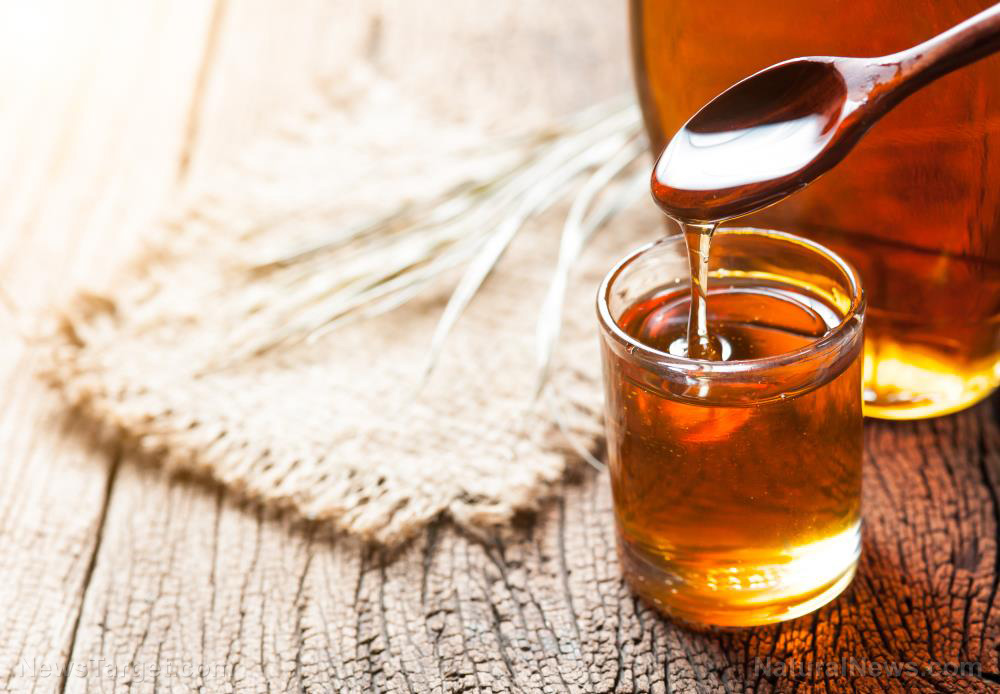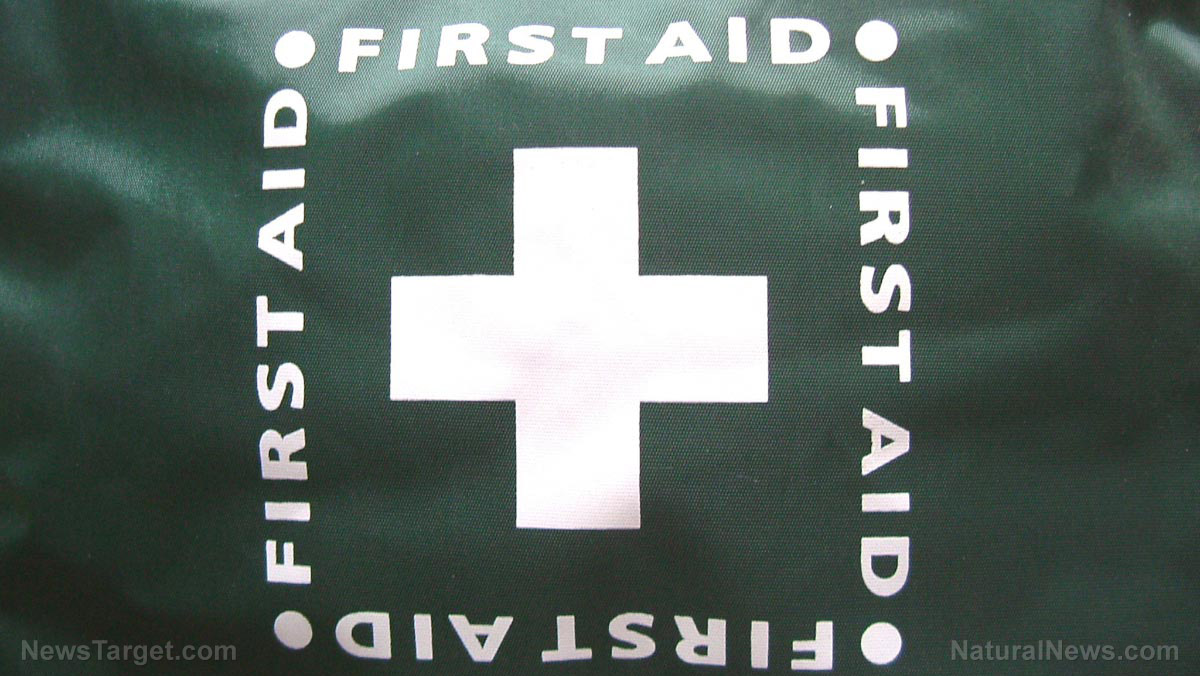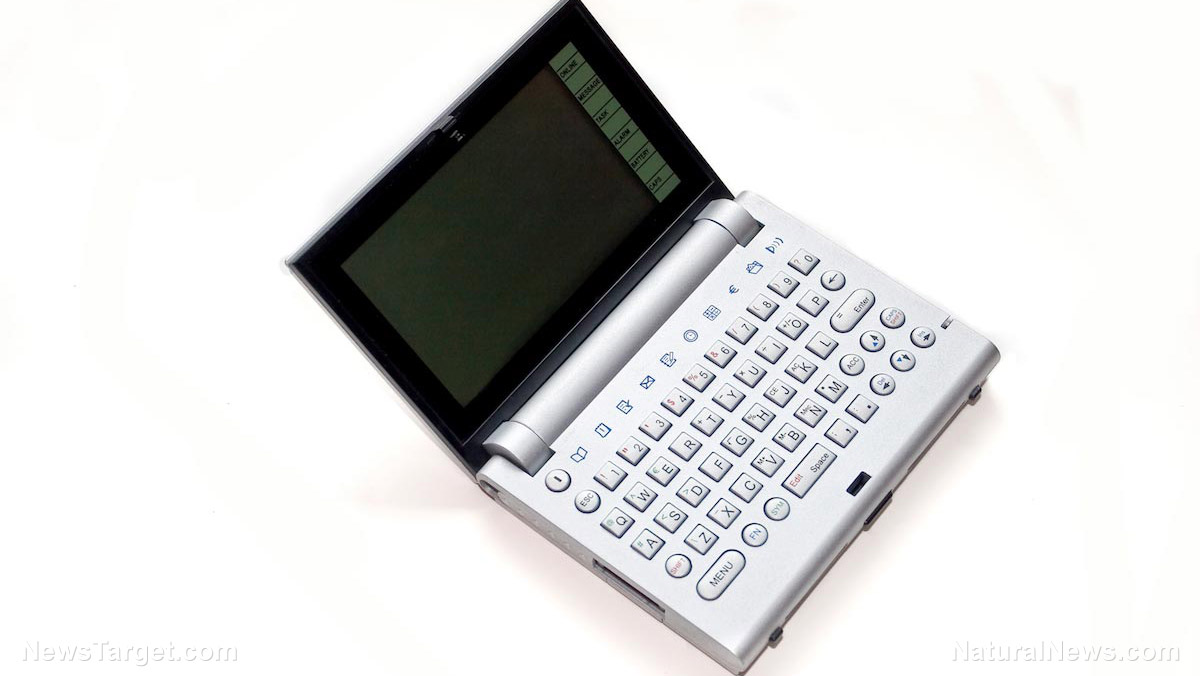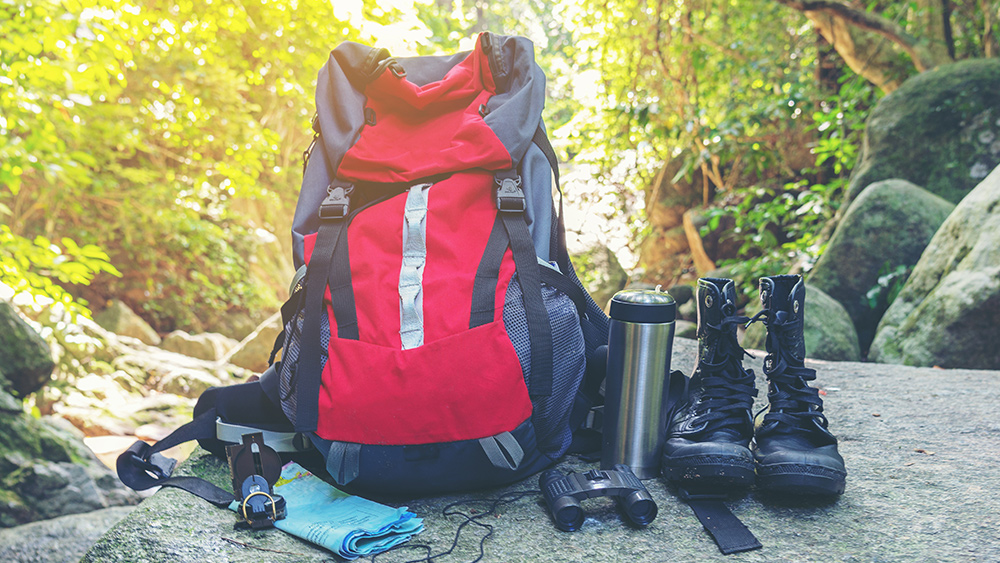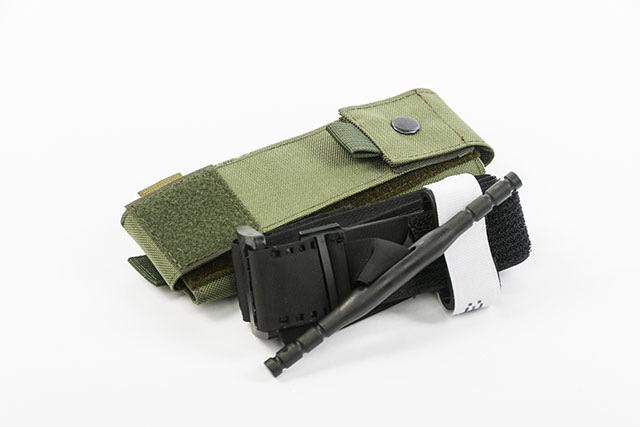7 Reasons to own a bugout bag
07/29/2021 / By Divina Ramirez

When disaster strikes, you never know when you’ll need to drop everything and evacuate as quickly as possible. In those moments, you can’t be rummaging through cupboards still packing supplies. In a true bugout situation, leaving your current location and getting to a safe zone should be your top priority.
Doing that will be easier if you already have a pre-packed bugout bag (BOB) ready to go. Ideally, it should have only the essentials so that when disaster strikes, all you need to do is grab your bag and run.
Here are seven good reasons to own a BOB: (h/t to SkilledSurvival.com)
1. You can evacuate in case of wildfires.
Wildfires threaten lives directly and are often extremely destructive. Yet every year, some people still choose to stay put in their homes even after wildfire evacuation orders have been issued. Some end up paying the ultimate price as a result.
If you live in an area prone to wildfires, having a BOB means you can evacuate immediately.
2. You can escape flash floods.
Flash flood waters move at very fast speeds and can move big boulders, uproot trees and destroy bridges. Walls of water can easily reach heights of 10 to 20 feet and are generally accompanied by a cargo of debris. If your house is in the path of a flash flood, things can get deadly immediately.
Don’t wait for a flash flood to make evacuation impossible. Grab your BOB and get to higher ground.
3. You can get to high ground before a tsunami strikes.
If you live along the coast, you have to be prepared for the possibility of a tsunami. Tsunamis can easily destroy buildings, kill or injure people, cause flooding and disrupt transportation, power and communications. Tsunami waves often reach 10 to 100 feet high and travel between 20 to 30 miles per hour.
Having a BOB means you can immediately evacuate and get to higher ground before a tsunami strikes.
4. You can evacuate before a hurricane strikes.
Hurricanes don’t take people by surprise the way a wildfire or a flash flood can. Yet many people still leave it to the last minute to pack their suitcases and determine where they’ll evacuate to. You can avoid that hassle and be mentally prepared for a hurricane by packing a BOB in advance. That way, you can simply grab it and go.
5. You can survive long-term power outages.
In case of a major disaster, the power can be out for days or weeks. If you don’t have a backup generator, you’re better off leaving the blackout zone until the power can be restored. A BOB should be one of the first things you grab before heading out the door. (Related: The prepper’s guide to surviving a power outage.)
6. You can flee in case of riots or civil unrest.
Societal collapse is a possibility when SHTF. Even suburbs and small towns might not be safe if riots break out. It’s better to avoid engaging in such conflicts for your own protection, especially since they can escalate quickly. Grab your BOB and evacuate the danger zone until things cool down.
7. You’ll learn what’s essential.
The very act of preparing a BOB is a lesson in itself. A BOB contains only essential supplies that will ensure you survive when SHTF. Knowing this, you can properly pack for holidays or camping trips. After all, there is always the possibility that something will happen when you’re on vacation or away from home.
What to pack in a BOB
Building your BOB can seem like a daunting task. It doesn’t have to be, especially if you have a good idea of the essentials you need to pack. Here are some of the most important supplies you should pack in your BOB:
Preparedness.news has more articles on how to prepare a BOB for emergencies and disasters.
Sources include:
Tagged Under: bugout, bugout bag, Collapse, disaster, emergency, preparedness, prepper, prepping, SHTF, supplies, survival
RECENT NEWS & ARTICLES
SurvivalMedicine.News is a fact-based public education website published by Survival Medicine News Features, LLC.
All content copyright © 2018 by Survival Medicine News Features, LLC.
Contact Us with Tips or Corrections
All trademarks, registered trademarks and servicemarks mentioned on this site are the property of their respective owners.




